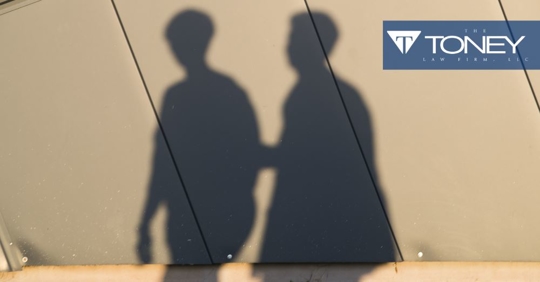When there is a no-contact order against you, you are required to stay away from the individual who requested the order. If you violate the order, you could face severe consequences. You may be wondering, how do the courts enforce no-contact orders? How will they know if you violated the terms?
Evidence for No-Contact Order Violations
The courts aren’t actively monitoring individuals to ensure they don’t violate no-contact orders. Instead, they will be notified of violations by the petitioner or police.
The petitioner may notify the courts if you contact them in person or online. Claims of online communication are relatively easy to substantiate.
Evidence of your violation may include:
- Phone records
- Text messages
- E-mails
- Social media messages
In-person violations can be harder to corroborate. If you approach the petitioner in public, they may be able to find security camera footage or witnesses to confirm that you violated the no-contact order. Even if the petitioner does not report your violation, their family or friends might.
If The Petitioner Facilitates Communication
In some cases, the petitioner willingly contacts or meets up with the individual against who they originally got the no-contact order. If the police catch you with the petitioner, they can report this to the court. Even in these cases, you could be held responsible for violating the order.
Penalties for Violating a No-Contact Order
Violating a no-contact order is a misdemeanor offense. It is punishable by up to a year in jail, over $2,000 in fines, and other potential penalties like mandatory counseling or restitution payments.
No-Contact Order Violation Defense
If you are being charged with a protective order or no-contact order violation in Illinois, contact our team at The Toney Law Firm, LLC. Many individuals are charged with violations after misunderstandings or accidents. We want to help you defend yourself against a violation charge. Get started with our Chicago attorneys today: (888) 473-4058.

